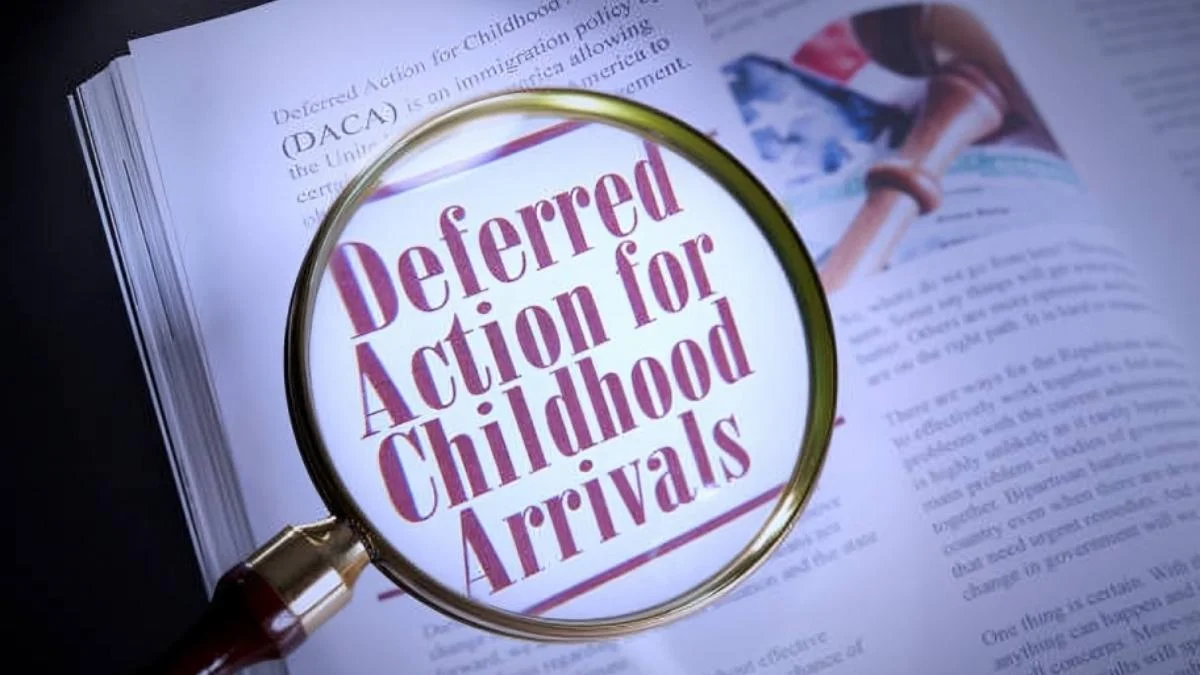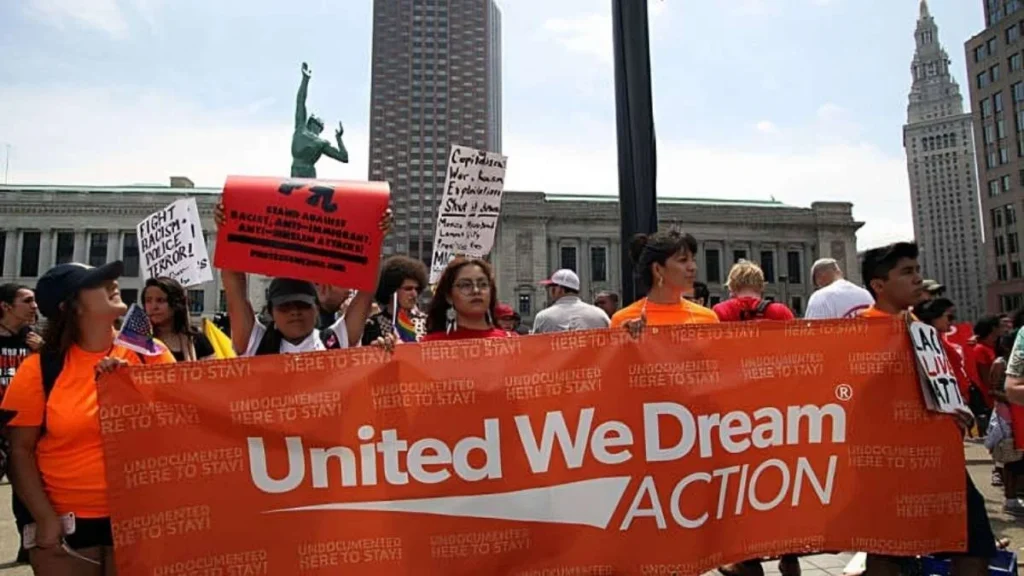GENERAL
Challenges Faced by DACA Recipients

The Deferred Action for Childhood Arrivals (DACA) program has offered protection and opportunities to hundreds of thousands of undocumented immigrants who were brought to the United States as children. It has allowed them to work, study, and live without constant fear of deportation. While it has been life-changing for many, DACA recipients (often called Dreamers) face significant challenges that affect nearly every aspect of their lives. Below, we explore these challenges and the efforts to address them.
Table of Contents
The Uncertain Future
For DACA recipients, an overarching challenge is the program’s instability. Since its inception in 2012, the DACA program has faced constant legal battles and political opposition. One administration may advocate for its continuation, while another may attempt to dismantle it. This back-and-forth has created a cloud of uncertainty that looms over the lives of recipients and their families.
Policy changes—and the fear of sudden termination—mean that DACA recipients can never fully plan ahead. Whether it’s pursuing higher education, buying a home, or advancing their careers, long-term decisions become incredibly difficult without assurances of stability or security. Even the process of DACA renewal adds to this uncertainty, as recipients must regularly reapply to maintain their status.
Educational and Employment Barriers
Although DACA has allowed many recipients to pursue higher education, barriers persist. Accessing higher education often comes with hurdles like limited eligibility for federal financial aid, which forces recipients to rely on private scholarships, grants, or out-of-pocket payments. Many institutions categorize DACA recipients as international students, further driving up costs.
Employment, while more accessible through work permits provided by DACA, is still fraught with challenges. Renewing a work permit can be stressful, as delays in processing can jeopardize job security. Some employers may hesitate to hire DACA recipients due to misunderstandings around their legal status or uncertainties surrounding the future of the program.
Mental Health Struggles
The ongoing uncertainty of the DACA program takes an immense toll on the mental health of its recipients. Many live with heightened stress, anxiety, and even depression, stemming from the constant fear of deportation or the removal of protections. This is compounded by the weight of providing for their families and ensuring the safety of their loved ones, many of whom may also be undocumented.
For younger Dreamers, there’s also an emotional burden that comes from feeling stuck in a limbo—belonging to the U.S. culturally and socially but facing systemic barriers that make them feel excluded legally and politically.
Financial Hardships
DACA recipients frequently encounter financial hardships. Limited access to federal financial aid restricts their opportunities to obtain higher education without incurring significant debt. Without permanent legal status, many Dreamers also struggle to secure housing or access fair rental agreements—landlords may demand extensive documentation not required of other tenants.
The economic costs of maintaining their legal protections, such as biannual renewal fees for their DACA status and work permits (which cost hundreds of dollars each time), further strain their already tight budgets. Government programs like unemployment benefits or public housing are often out of reach, leaving DACA recipients with fewer safety nets during tough times.
Support Systems and Advocacy
Amid these challenges, strong community support systems and advocacy efforts provide hope. Organizations like United We Dream, Immigrant Legal Resource Center, and others offer resources like legal assistance, mental health services, and financial aid to help DACA recipients and advocate for permanent solutions. These groups also amplify the voices of Dreamers, ensuring that their struggles are heard on larger platforms.

Many DACA recipients also find support within their own communities. Allies—including educators, coworkers, and neighbors—work hand in hand to provide the encouragement and resources needed to meet the challenges they face.
Conclusion
The challenges faced by DACA recipients are numerous, ranging from the instability of their legal status to struggles with education, employment, financial hardships, and mental health. Yet, despite these obstacles, DACA recipients continue to demonstrate resilience and determination.
-

 GENERAL6 months ago
GENERAL6 months agoChristofle – For Those Who Dream of Family Heirloom Silver
-

 SPORTS8 months ago
SPORTS8 months agoDiscover the World of Football with Streameast: Watch Your Favorite Leagues and Tournaments
-

 GENERAL4 months ago
GENERAL4 months agoUncovering the World of кинокрадко: The Dark Side of Film Piracy
-

 GENERAL2 months ago
GENERAL2 months agoATFBooru: Anime, Gaming, and Subculture Imageboard























